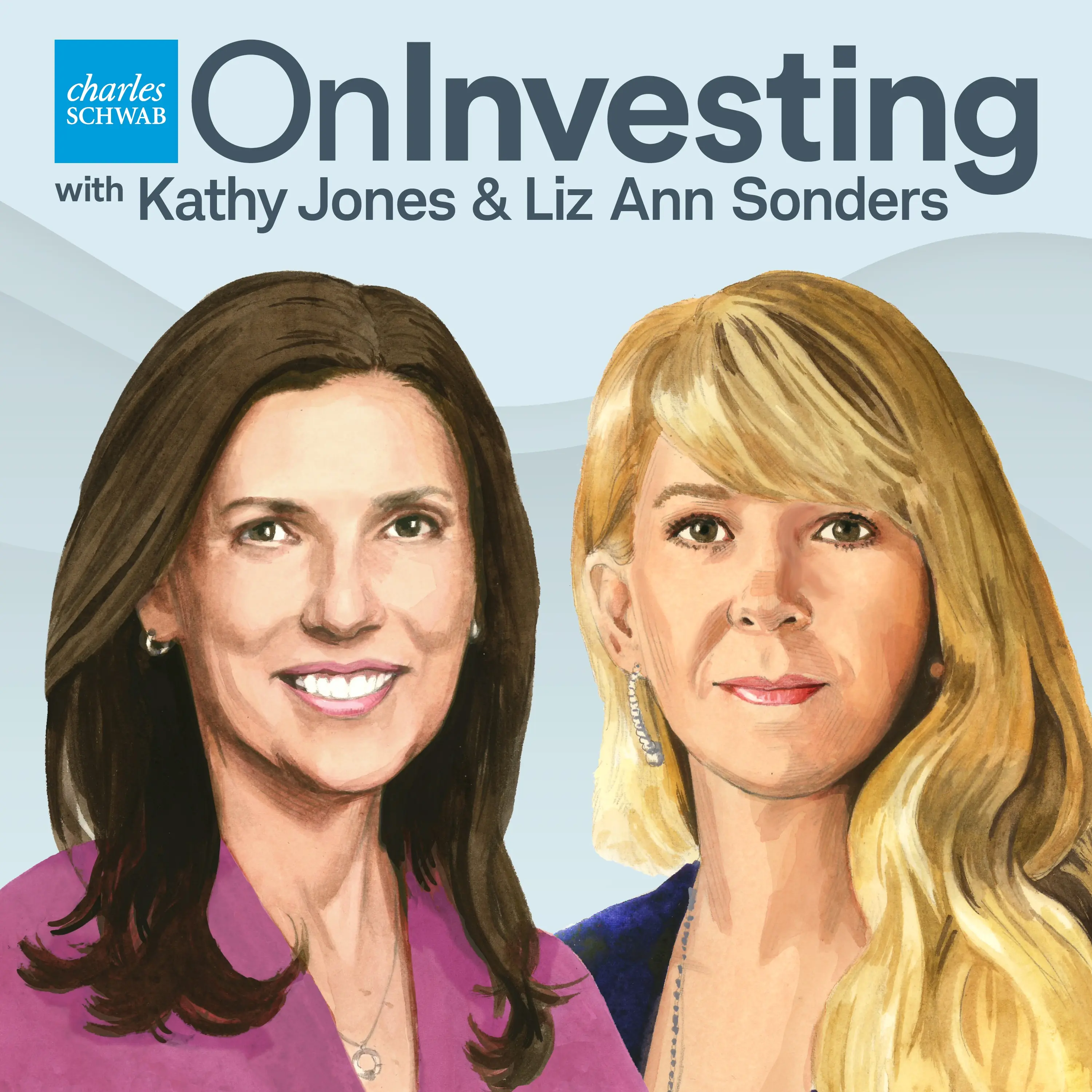What’s Causing Jitters in the Credit Markets?
This week, Collin Martin sits in for Liz Ann Sonders. Kathy Jones and Collin discuss the upcoming Consumer Price Index (CPI) report and the Federal Reserve's anticipated interest rate cut. They analyze the current state of the credit markets, particularly focusing on recent defaults and the implications for high-yield bonds. The discussion also covers the demand dynamics in private-versus-public credit markets and the potential risks associated with high-yield investments. Finally, they look ahead to upcoming economic indicators and the challenges posed by a lack of data.
On Investing is an original podcast from Charles Schwab.
If you enjoy the show, please leave a rating or review on Apple Podcasts.
Check out more episodes.
Explore more topics
This material is intended for general informational and educational purposes only. This should not be considered an individualized recommendation or personalized investment advice. The investment strategies mentioned are not be suitable for everyone. Each investor needs to review an investment strategy for his or her own particular situation before making any investment decisions.
All expressions of opinion are subject to change without notice in reaction to shifting market, economic or political conditions. Data contained herein from third party providers is obtained from what are considered reliable sources. However, its accuracy, completeness or reliability cannot be guaranteed.
Past performance is no guarantee of future results.
Investing involves risk, including loss of principal.
Fixed income securities are subject to increased loss of principal during periods of rising interest rates. Fixed income investments are subject to various other risks including changes in credit quality, market valuations, liquidity, prepayments, early redemption, corporate events, tax ramifications, and other factors. Lower rated securities are subject to greater credit risk, default risk, and liquidity risk.
High-yield securities and unrated securities of similar credit quality (junk bonds) are subject to greater levels of credit and liquidity risks and may be more volatile than higher-rated securities. High-yield securities are considered predominately speculative with respect to the issuer’s continuing ability to make principal and interest payments.
Investing in alternative investments is speculative, not suitable for all clients, and generally intended for experienced and sophisticated investors who are willing and able to bear the high economic risks of the investment. Investors should obtain and carefully read the related prospectus or offering memorandum, which will contain the information needed to help evaluate the potential investment and provide important disclosures regarding risks, fees and expenses.
Diversification and asset allocation strategies do not ensure a profit and do not protect against losses in declining markets.
All names and market data shown above are for illustrative purposes only and are not a recommendation, offer to sell, or a solicitation of an offer to buy any security.
Indexes are unmanaged, do not incur management fees, costs, and expenses and cannot be invested in directly.
Bloomberg US Corporate High-Yield Bond Index- Measures the performance of the US Dollar-Denominated, high yield, fixed-rate corporate bond market. Securities are classified as high-yield if the middle rating of Moody’s, Fitch, and S&P is Ba1/BB+/BB+ or below. Bonds from issuers with an emerging markets country of risk, based on Bloomberg EM country definition, are excluded. It is a market-value weighted index.
Forecasts contained herein are for illustrative purposes only, may be based upon proprietary research and are developed through analysis of historical public data.
The policy analysis provided by the Charles Schwab & Co., Inc., does not constitute and should not be interpreted as an endorsement of any political party.



